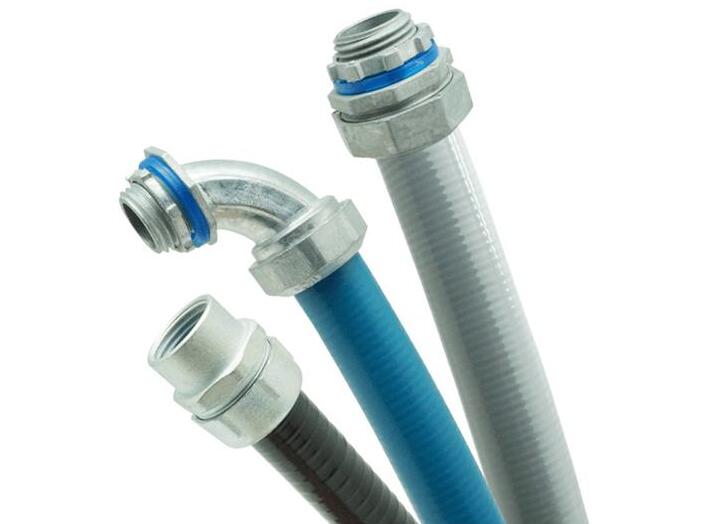Aug. 10, 2022
Electrical conduit is a type of conduit that provides a protective path for wires and cables running in any environment. With a variety of electrical conduits available, it is important to select the correct conduit for your application specifications and requirements.
Start Your Liquid Tight Conduit Own Project
(FLEX is a Liquid Tight Conduit manufacturer. More than just Liquid Tight Conduit manufacturers, we can help you with Liquid Tight Conduit quality, price, availability and more. Our Liquid Tight Conduit is popular in domestic and international markets for its high efficiency and reliability for circuit protection of 600 volts or less in locations that require UL certification, including commercial buildings, industrial/power plants, Shipyard, ship or ship, computer room, etc.)
While manufacturers often recommend which conduit to use, this article will focus on various applications for liquid-tight flexible metal conduit, such as wet environments, areas exposed to corrosive elements, settings susceptible to dust and dirt, and various outdoor environments.

Various External Applications
Any electrical installation that is exposed to the outside environment can lead to potential problems. UV light and other outdoor elements can lead to breakage and other types of damage. The use of liquid-tight flexible metal conduit protects cables and wires from sunlight, extreme temperatures, moisture and other outdoor elements, thus extending their life and preventing damage.
Dirty or dusty areas
Dirt, dust and other fine particles can cause short circuits and equipment operation failures if wires and connections are not protected. For agricultural operations, textile mills, wood/pulp/paper mills, etc., sealed, liquid-tight conduits prevent dust and particulate penetration.
Humid Environments
Impermeable conduits and fittings are specifically designed to keep wires and cables free of liquids or moisture. Wet, damp or humid environments where wiring is required are ideal areas to use liquid-tight conduit. Prime examples of these include car washes, water management facilities, and food and beverage processing plants where equipment must be flushed regularly. Liquid-tight conduit not only ensures the safety of the public and employees, but also extends the life of the cable and prevents electrical failures when used properly.
When cables may be exposed to corrosive elements
Liquid-tight conduit is also the best choice for environments where exposure to corrosive elements is a regular occurrence. This type of conduit not only resists moisture, but also effectively seals out hazardous materials that can damage wires and cables. This is beneficial for applications such as HVAC installations, chemical facilities and other areas prone to corrosive materials.
Another benefit of flexible metal conduits is their ability to bend. Compared to rigid conduit, flexible metal conduit is easy to bend, making it a suitable choice for applications where rigid conduit is difficult to install.
For more information on liquid-tight flexible metal conduit and fittings, or to get started on your next large electrical installation, contact us today or request information.















